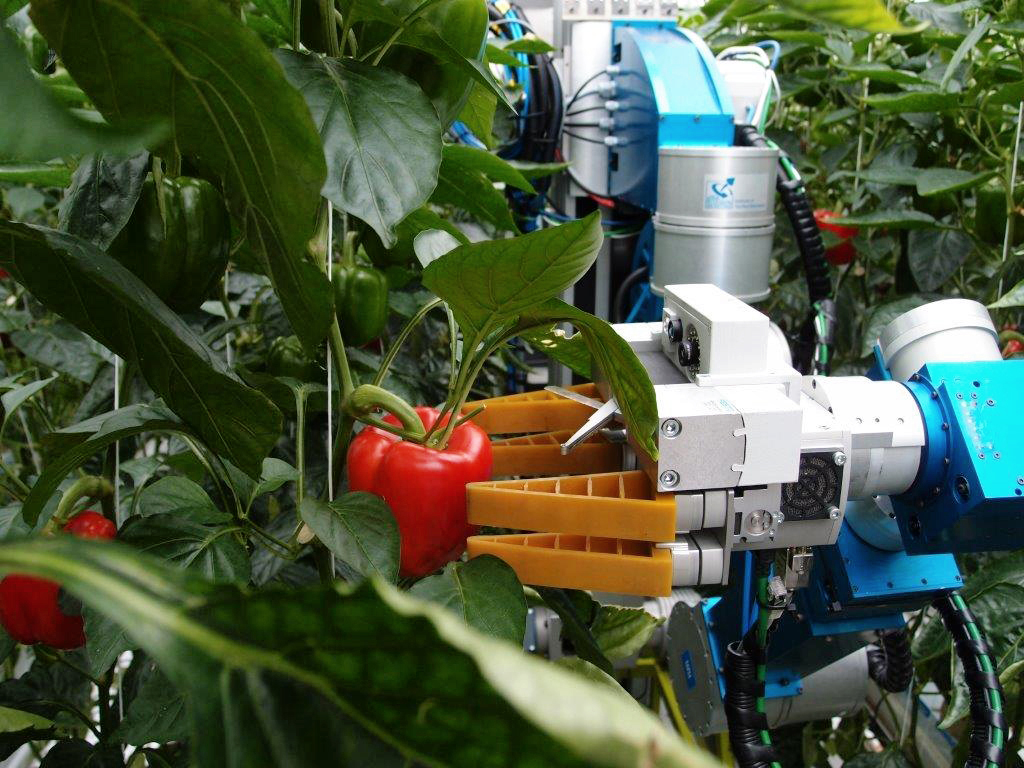
The government has today launched its Industrial Strategy to combat the UK's lagging productivity levels.
Business Secretary Greg Clarke has launched his flagship Industrial Strategy for the UK on Monday (27 November) with a plan to boost the economy and embrace the opportunities of technological change.
It follows news of stagnating UK productivity levels. Britain ranks fifth out of G7 industrial nations, behind Canada and Japan, on productivity.
The aim of the Strategy is making the UK the world’s most innovative nation by 2030 by capitalising on artificial intelligence (AI) and a "new industrial revolution". The government has committed to investing £725 million over the next 3 years to achieve this.
The farming industry is expected to benefit from the rise of automation and AI, with the agricultural robotics industry expected to be worth $12bn by 2027.
Business Secretary Greg Clark said: "The way we earn and live our lives as workers, citizens and consumers is being transformed by new technologies. The UK is well-placed to benefit from this new industrial revolution and we start from a position of significant strength.
"We have a thriving research and science base and are home to a wide range of innovative sectors, from advanced manufacturing and life sciences, to fintech and creative industries.
"The Industrial Strategy is an unashamedly ambitious vision for the future of our country, laying out how we tackle our productivity challenge, earn our way in the future, and improve living standards across the country."
Food and Drink Sector Council
As part of the Strategy, the government has also announced the establishment of a Food and Drink Sector Council to help increase productivity from farm-to-fork.
The creation of the Sector Council recognises the importance of the many sub-sectors that make up the nation's £112 billion 'farm-to-fork' food chain and employ almost four million people.
Since April, Food and Drink Federation (FDF) have been working closely with Defra and Department for Business, Energy and Industrial Strategy (BEIS) on proposals as part of a food and drink manufacturing sector deal to increase productivity gains, while providing much-needed stability to one of the industry’s most affected by Brexit.
The Government’s recent Made Smarter Industrial Digitalisation Review report estimated that the food and drink industry could add an additional £55bn to the economy over the next decade through improved digitalisation alone.
While exports of food and drink have grown to record figures over the past year, just one in five food and drink manufacturers currently sell to foreign markets, presenting a considerable untapped opportunity for the industry.
It is hoped that the Sector Council will enable industry growth, with exports, innovation and skills seen as priority areas for both food and drink manufacturing and the other sectors which make up the food chain
'National asset'
Ian Wright CBE, FDF Director General said the FDF have been calling for a Food and Drink Sector Council for some time.
“This is recognition from Government of the central importance of the food and drink supply chain to the economy,” Mr Wright explained.
“UK food and drink is a major national asset and the envy of the world. The creation of the Council acknowledges the importance of the sector to both national security and economic growth, and will allow us to unlock our very significant productivity potential and secure our position as a global leader in safe, sustainable, and high-quality food and drink.
“We will continue to work closely with both Defra and BEIS to ensure we secure a transformative sector deal for food and drink manufacturing.”
